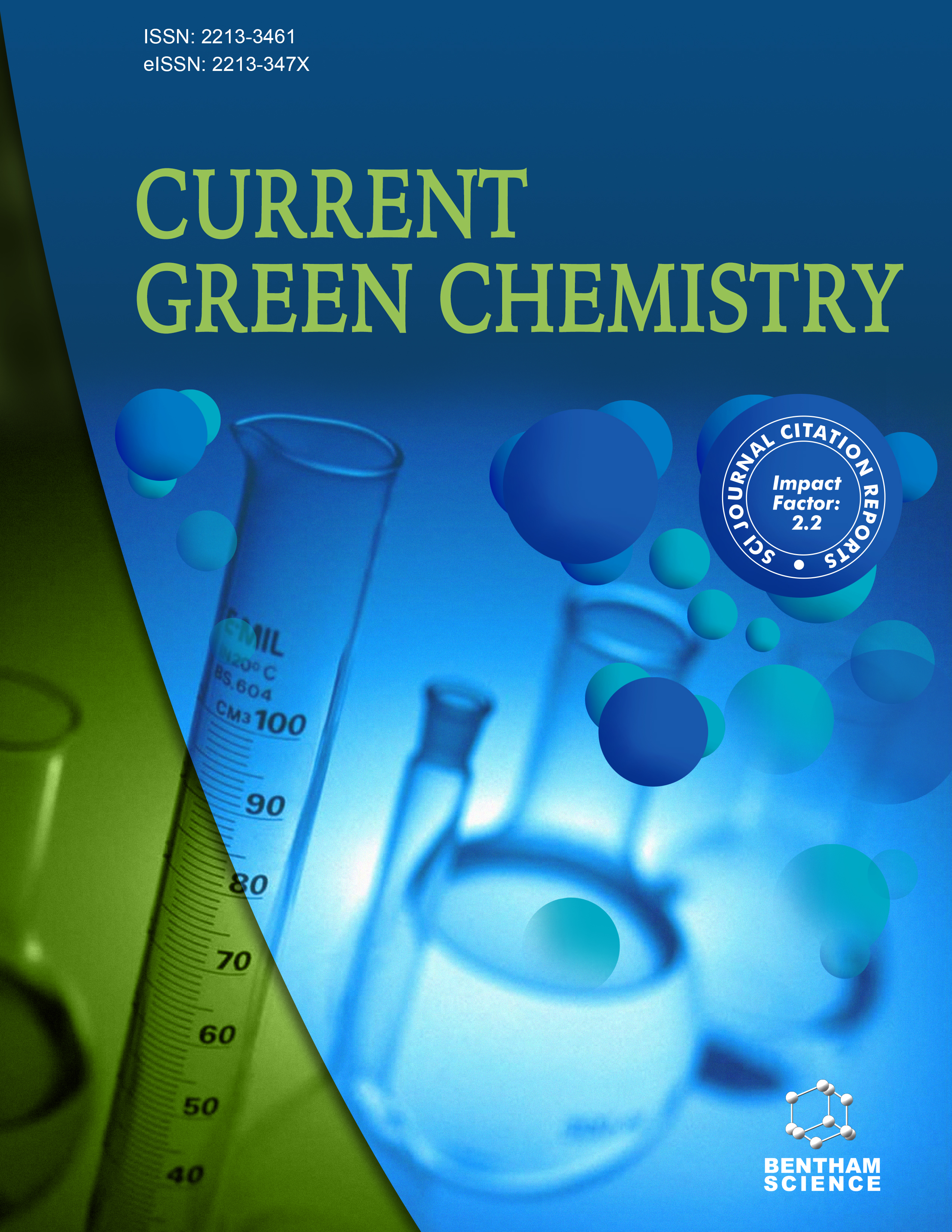-
s A Review of Catalytic Upgrading of Biodiesel Waste Glycerol to Valuable Products
- Source: Current Green Chemistry, Volume 7, Issue 3, Dec 2020, p. 259 - 266
-
- 01 Dec 2020
Abstract
Glycerol is an organic polyol compound, and is an important raw material with extensive applications in daily/petrochemical and pharmaceutical industry. Glycerol is typically obtained by propylene chlorination, while the method used is complicated process and requires high energy consumption. Interestingly, glycerol is recognized as a major by-product of biodiesel production. Approximately 100 kg of glycerol is yielded for 1 tonne of biodiesel production. With the rapid development of the biodiesel industry, glycerol production capacity has been a serious surplus. This review introduces the selective conversion of glycerol into a variety of value-added chemicals such as propylene glycol, propanol, glyceraldehyde, and dihydroxyacetone via selective hydrogenation and oxidation, as well as hydrocarbons and ethers via pyrolysis, gasification and etherification, respectively. The efficiency of different types of catalysts and the influence of reaction parameters on the valorisation of glycerol have been elucidated. Emphasis is also laid on the study of catalytic mechanisms and pathways for some specific reactions.


